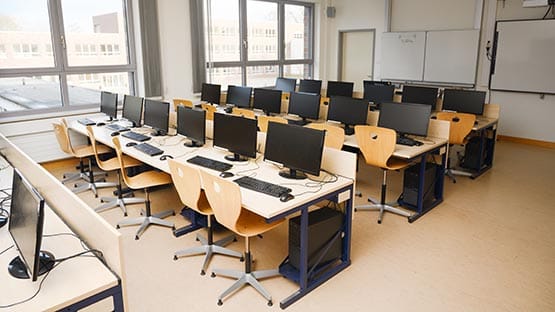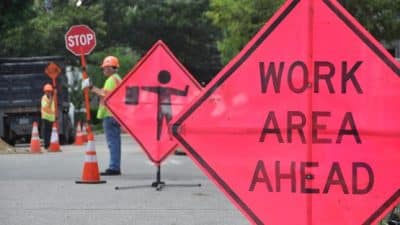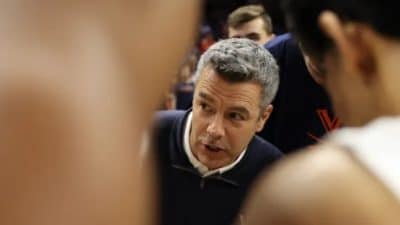
In an effort to give parents more say over their children’s education, Virginia Gov. Glenn Youngkin is following through on a campaign promise to expand educational choice in the state.
Today, the Virginia Board of Education approved the Commonwealth’s first lab school: the VCU x CodeRVA Lab School, a joint venture between Virginia Commonwealth University Center for Teacher Leadership at the VCU School of Education RTR Teacher Residency program and the CodeRVA Regional High School.
Through the General Assembly, $100 million was secured for the creation of lab schools throughout Virginia.
“During the first month of my administration, we launched a partnership between colleges and universities to establish K-12 lab schools across the Commonwealth and I’m pleased were delivering on that promise today,” said Youngkin. “This is the first step in giving parents new options for their kids to learn in innovative and creative ways and break the status quo of a one-size-fits all education.”
The VCU x CodeRVA Lab School will provide a computer-science focused high school education and serve as a training site for teacher residents and educators across the state.
The CodeRVA Regional High School will have students acquire real-work experience in the 11th grade through an internship program. The goal would be for a student to graduate with a high school diploma, an associate degree from a community college, industry certifications and as many as 360 hours of work experience.
“We envision this as a program to empower younger students to see their own potential for a career that embraces computer science,” said Dr. Kim McKnight, Director of the VCU Center for Teacher Leadership at the VCU School of Education and Executive Director of RTR Teacher Residency. “We are excited to integrate the successes we have seen preparing teachers for classrooms through RTR Teacher Residency with the cutting-edge academic programming CodeRVA provides.”
Opposition to lab schools
Some Democrats see the push for lab schools to be an effort to defund local school divisions and have accused Youngkin of waging a war against public schools.
Delegate Schulyer VanValkenburg (D-Henrico), a public school teacher, said he is “deeply concerned that this … will remove critical oversight of our children’s schools from local school boards and funnel taxpayer dollars away from public education.”
VanValkenburg said the Governor and House GOP should increase funding for public schools – not “privatize” them.
The Virginia Education Association has also expressed skepticism on lab schools as there is no guarantee of state funding beyond a year. The VEA said in part that “higher education institutions will take a large risk establishing lab schools and should be prepared to shoulder the full cost of operating these schools into the future without any sustaining funding from the state or local level.
The VEA is also concerned that lab schools have a very limited track record nationally and represent a highly experimental approach to education.
Potential lab schools
The Department of Education is working with more than 20 additional lab school partners to open in 2024.
Grants have been awarded to schools including:
- University of Mary Washington (computer and data science)
- Mountain Gateway Community College (cybersecurity, cloud community, IT technical support)
- George Mason University (IT/technology)
- Old Dominion University (maritime industry)
- Eastern Shore Community College (STEM/aerospace industry)
- Germanna Community College (teaching)
- Emory and Henry College (healthcare)
- University of Virginia (STEM/computer science)
- University of Lynchburg (literacy, K-5)
- Virginia Union University (STEAM, grades 6-12)
- Norfolk State University (STEAM, preschool-2nd grade)
- Old Dominion University-Chesapeake (computer science)
Appropriations from the General Assembly
The appropriation from the General Assembly was allotted for:
- $5 million for planning grants to support eligible entities in the design of new college lab schools and to assist in drafting and submitting a lab school application to the board.
- $20 million for initial start-up grants for approved lab schools to make one-time purchases for expenses necessary to launch a lab school.
- $75 million (or the balance of the fund) for per-pupil operating grants to support ongoing expenses for the operation and maintenance of a lab school.










